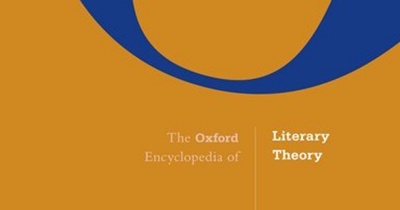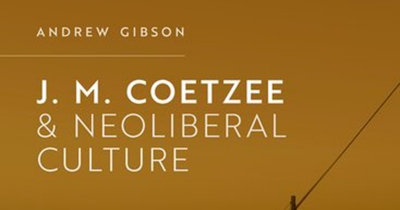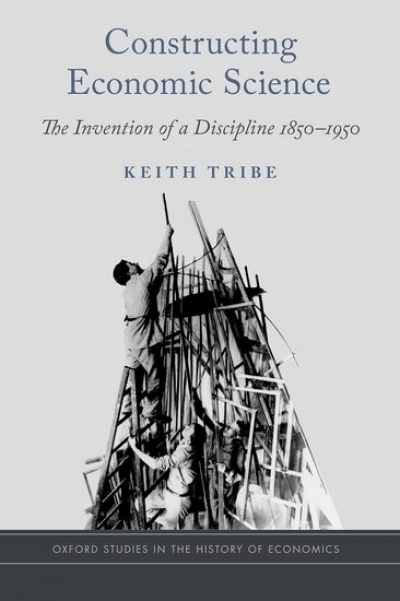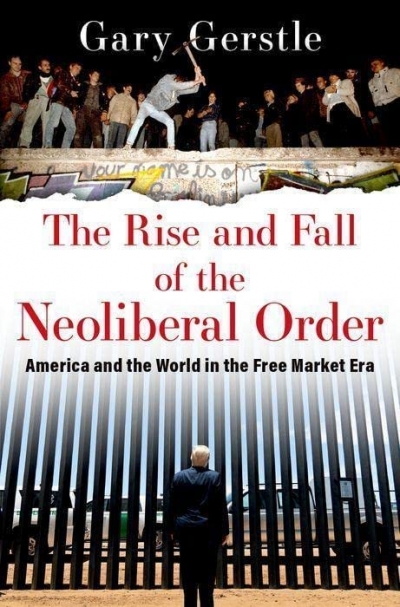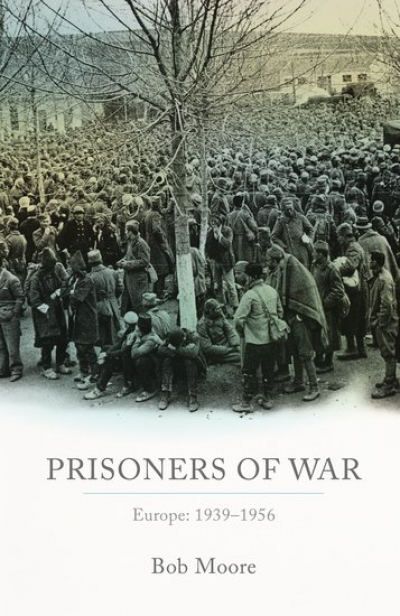Oxford University Press
Science, Secrecy and the Smithsonian: The strange history of the Pacific Ocean biological survey by Ed Regis
by Billy Griffiths •
The Four Ages of American Foreign Policy: Weak power, great power, superpower, hyperpower by Michael Mandelbaum
by Emma Shortis •
The Pope at War: The secret history of Pius XII, Mussolini, and Hitler by David I. Kertzer
by Miles Pattenden •
War: A genealogy of Western ideas and practices by Beatrice Heuser
by Philip Dwyer •
The Silk Road: Connecting histories and futures by Tim Winter
by Robert Wellington •
Constructing Economic Science: The invention of a discipline 1850–1950 by Keith Tribe
by Ryan Walter •
The Rise and Fall of the Neoliberal Order: America and the world in the free market era by Gary Gerstle
by Ian Tyrrell •


